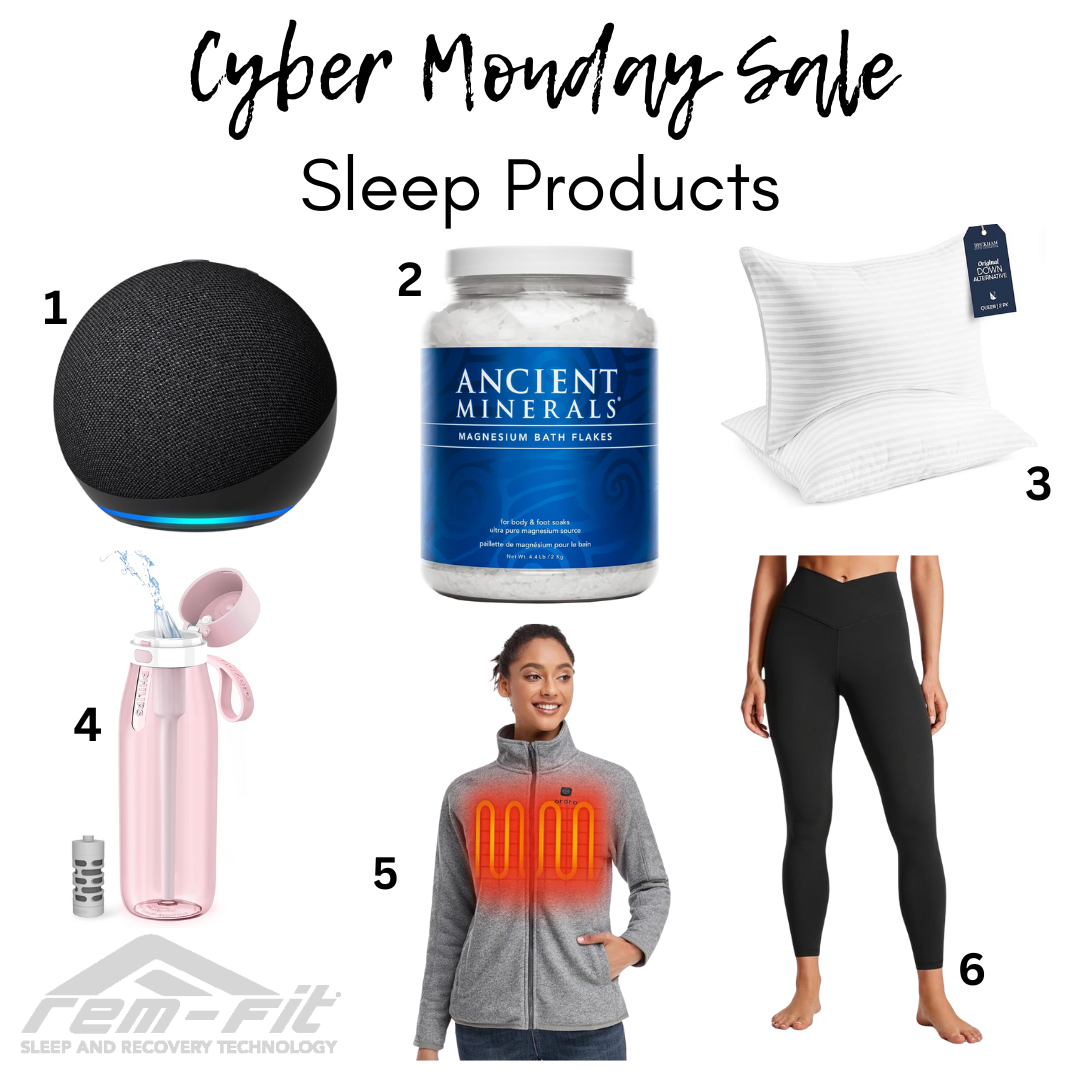
Five Sleep Myths Debunked
Only an estimated 1/3 of people get enough sleep at night. It could be the beliefs they have long prescribed to about getting shut eye are all wrong. According to an article this year from NPR, here are some commonly held misconceptions about sleep. Read these 5 sleep myths below to get yourself on the right track for a good night’s rest:
Myth #1: It doesn’t matter what time of day you get your sleep.
The time of day you sleep actually matters quite a bit! We all have a circadian rhythm, which is what guides our bodies to know when its time to sleep and wake. This rhythm is significantly impacted by sunlight. At night, we secrete the sleep hormone melatonin, and in the morning with sunlight exposure, our brain switches to the ‘awake’ part of the cycle. This isn’t great news for people who work outside the typical 9am-5pm work schedule, as this impacts when they get their day’s rest. One study found those who work alternate work schedules—this particular study tracked doctors and nurses—were more likely to have negative health outcomes such as diabetes and breast cancer. If this is the kind of schedule you keep, there is something you can do to combat these effects. For example, avoiding sunlight in your work environment as you approach the end of your shift, wearing sunglasses on the drive home to protect your eyes from the sunrise and sleeping in a room with very thick blackout curtains.
Myth #2: One bad night’s sleep will have long lasting detrimental effects.
While there are some short term effects we all suffer after a bad night of rest, such as lapse in attention or poor moods, these will resolve when you have had a normal night of sleep. The sooner you can get back to your on track with your sleep routine, the faster you will recover from these short term effects.
Myth #3: Being able to fall asleep any time or anyplace is a good thing.
Sleep is a process, which should take around 15-20 minutes for a well rested, healthy person to achieve. If you are able to fall asleep immediately, or find yourself drifting off anytime you sit down, it could be a sign you are existing in a chronically sleep-deprived state. Read our other blogs to get suggestions on how you can sleep better at night to prevent being chronically sleep deprived.
Myth #4: You can survive on less than 5 hours of sleep a night.
Despite what our hustle and grind society mentality may have you think, less is not better. In actuality, people need 7-9 hours of sleep at night to have optimal health outcomes. Enough rest is linked to improved heart health, longevity, and brain health in our older years. Less sleep per night than the recommended amount can lead to weight gain, diabetes, hypertension, impaired immune function, and increased chance of errors.
Myth #5: Watching TV in bed is a good way to wind down.
It sounds like a nice way to relax in bed at the end of the evening, but sleep expects caution in some instances this can prevent you from falling asleep. It can cause you to associate your bed with activities besides sleep. If you are watching on a laptop, the heat created by the device can be sleep inhibiting—you should always seek out a cooler sleep environment. In addition, shows with dramatic plot lines can increase your stress hormones at a time of day you need them to be at a minimum.
To read the NPR article in its entirety, check it out HERE.
Also in Blog

Cyber Monday Sleep Deals

Turkey and Cranberry Quesadilla's: Promote Sleep and Use Leftovers!
Turkey has long been known to help you feel sleepy, thanks to it containing tryptophan. If you have extra turkey and are looking for a quick dinner to help you feel sleepy tonight, try this quesadilla!


